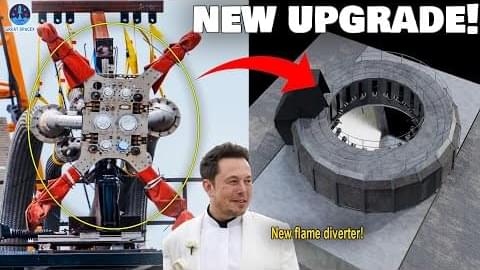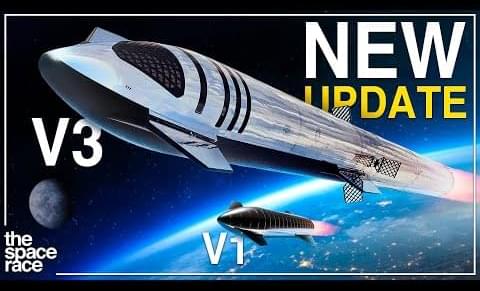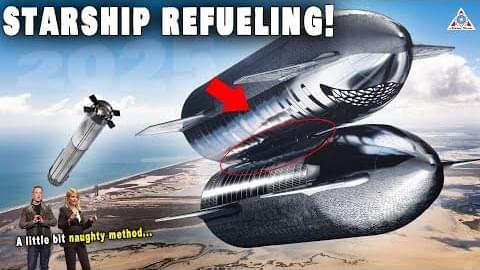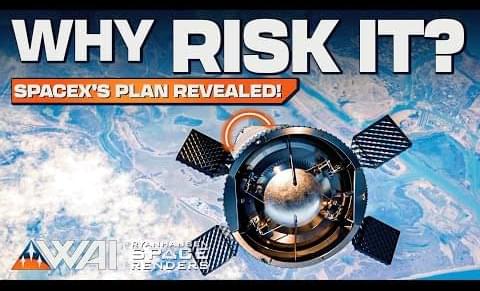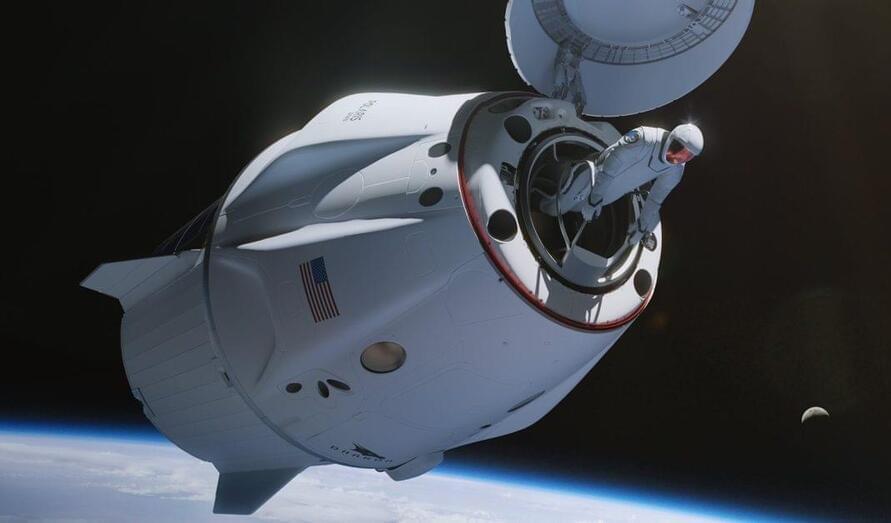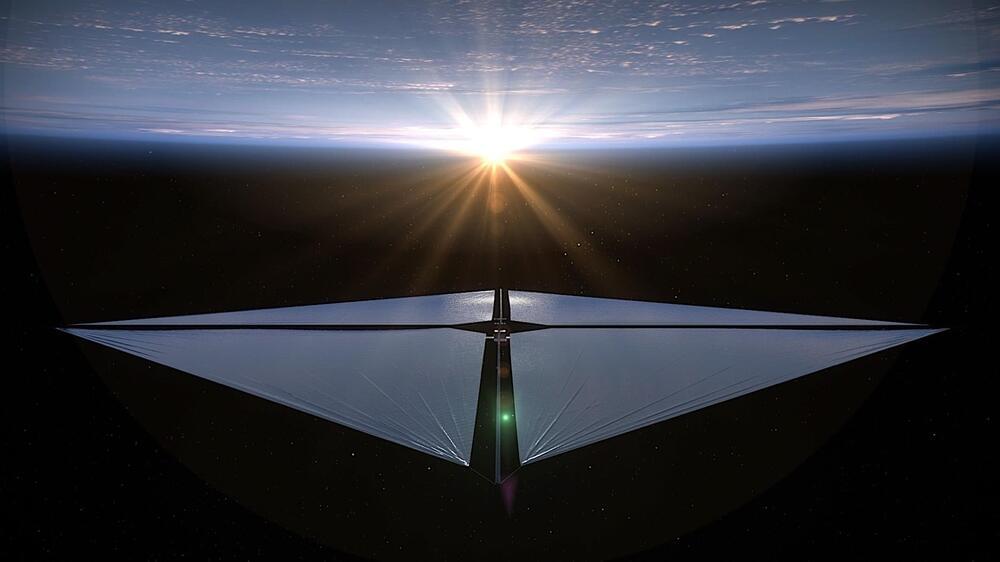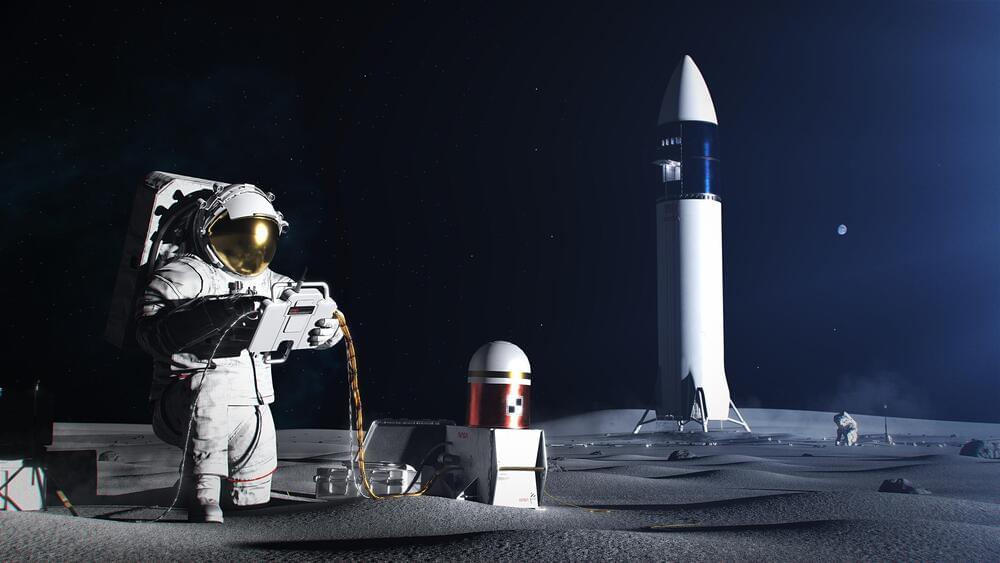
As NASA focuses on exploring the Moon, Mars, and the solar system for the benefit of humanity, the agency’s Space Technology Mission Directorate (STMD) is shifting how it prioritizes technology development. As part of this refinement effort, NASA is asking the American aerospace community for feedback on nearly 190 national space technology needs – or shortfalls – it has identified for future space exploration and science endeavors.
“Our ambitious future missions pose many unique challenges, and STMD is positioned – as the nation’s tech base for civil space – to innovate and advance solutions for those problems,” said Dr. Kurt Vogel, associate administrator for Space Technology at NASA Headquarters in Washington. “STMD is developing many critical technologies, but shifting to a more open and collaborative approach allows us to better prioritize our efforts and align with key stakeholder needs while ensuring we all get the most bang out of our investments.”
NASA aims to collect broad aerospace community feedback on critical technology shortfalls – like additive manufacturing, cryogenic fluid management, in-situ resource utilization, and others – ahead of future operations on the Moon and Mars. Understanding and prioritizing the most important and impactful efforts allows STMD to appropriately direct available resources to best support mission needs for NASA and the nation.
